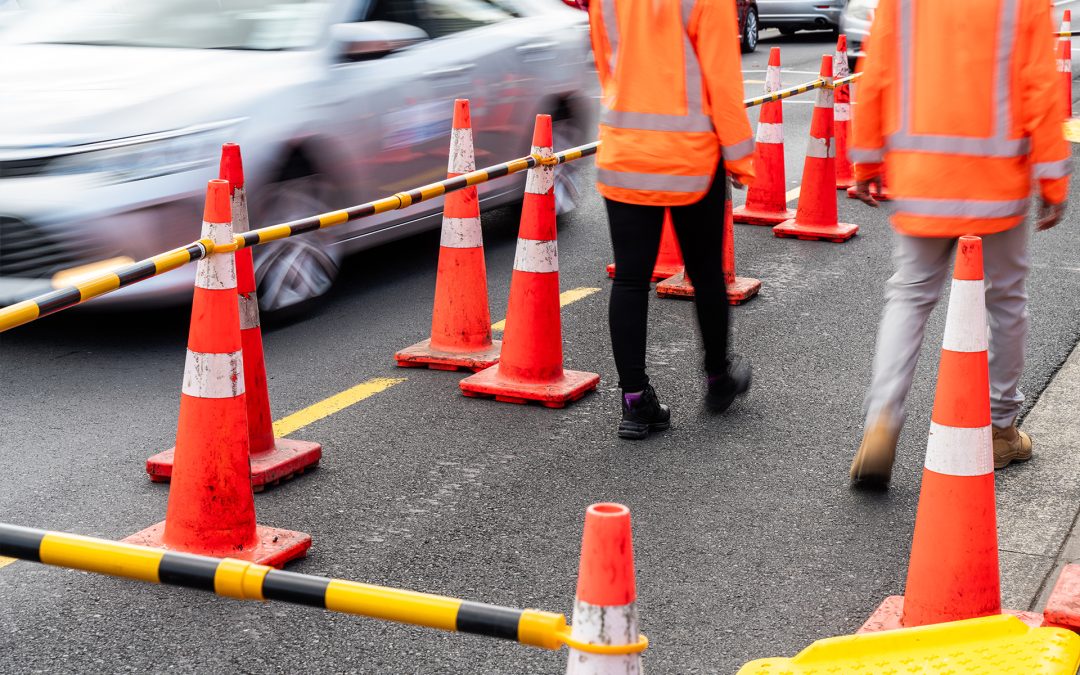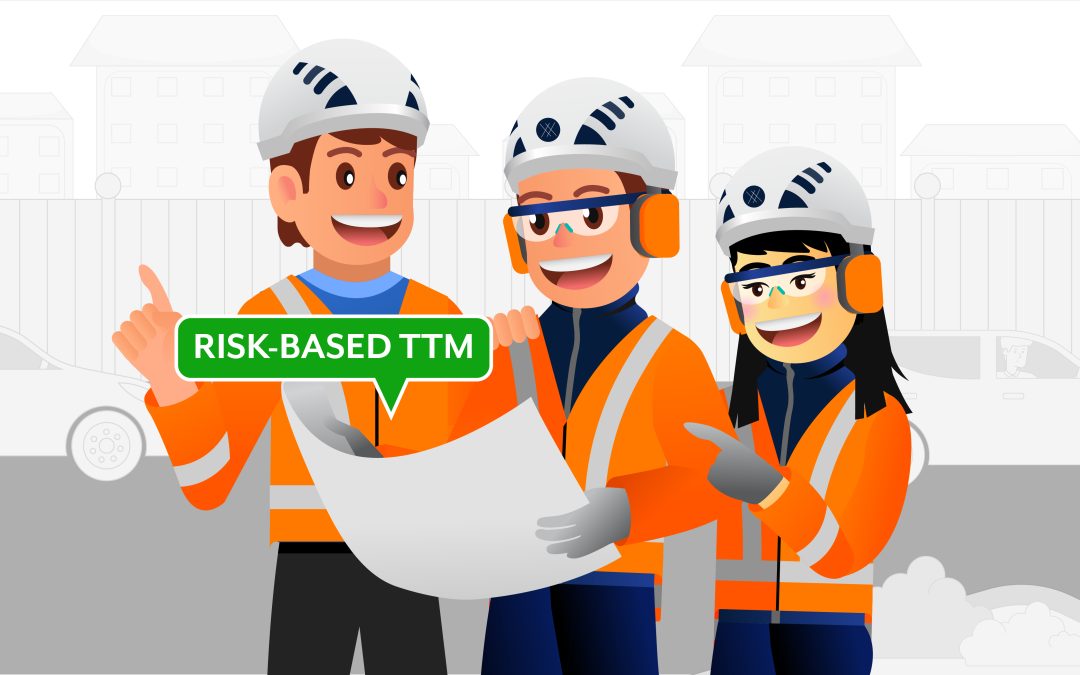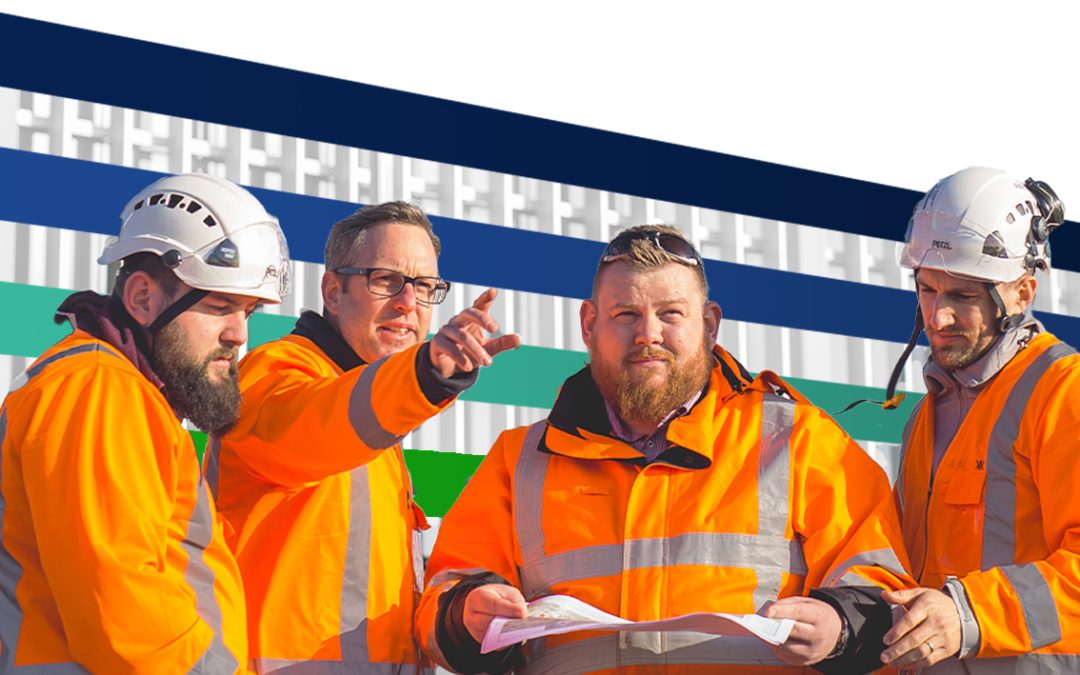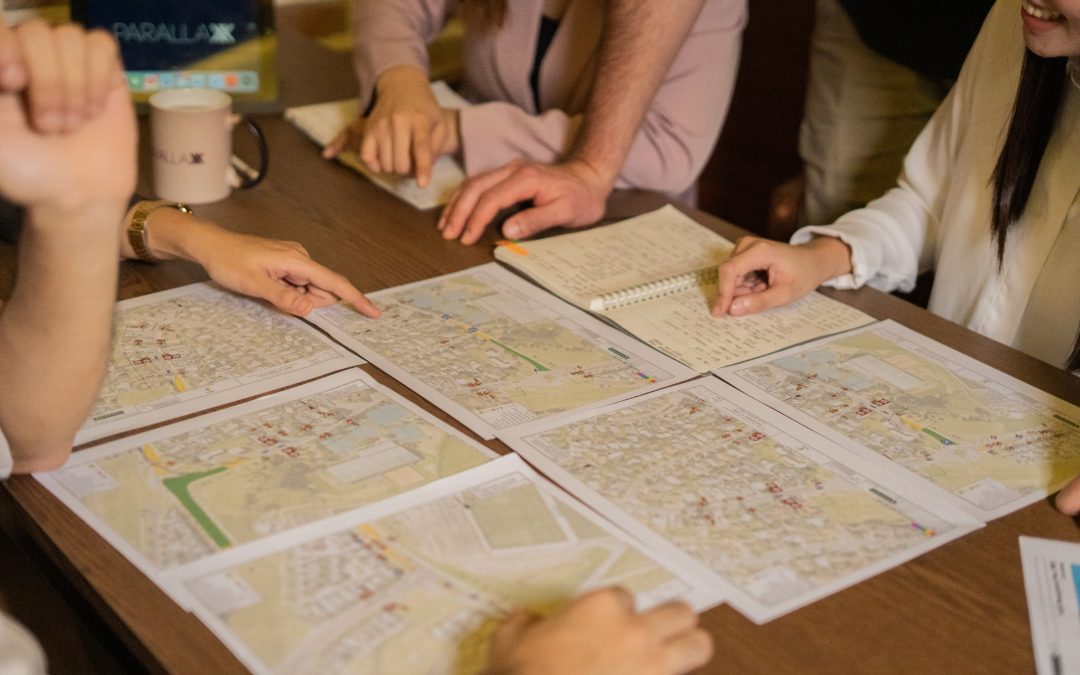The world as we know it has been thrown into a frenzy over the recent pandemic situation caused by COVID-19. With the increase in the number of COVID-19 cases, the government has initiated level 3 and, in some countries, level 4 lockdown. With the level 4 lockdown, many construction workers and other minimum wage workers have been impacted.
I have been coming across many news articles during this ongoing COVID 19 pandemic situation about infrastructure projects and road works coming to a total standstill for the safety of the construction workers. Even though this situation demands for a complete lockdown, the economy is also being affected as almost 300,000 kiwis are at the verge of joblessness. According to the PM, Jacinda Arden, with ample support from the Environment Minister, David Parker, there is work being done to FastTrack several infrastructure projects during the COVID 19 recovery to stabilise our country’s economy.
Also, with the lockdown situation, Tauranga City Council infrastructure general manager, Nic Johannson has also mentioned that essential road works like regular road inspections and emergency road fixing will continue. But, do we just stop there???
With that being said, In the everyday life, the one thing that the commuters want to avoid is to venture into a ‘City of Cones’. The commuters want to steer clear of the detours, the heavy traffic on the road, the constant stops and the low speed limit set by the traffic controllers, who are the guards of this ‘City of Cones’.
Let’s face it, even the construction workers do not like being harried by the general public for doing their job.
In the poem, ‘Road not taken’ by Robert Frost, the poet talks about two roads, one of which is heavily worn out because it has been used by too many people and is easy, while the other one is less travelled as it hasn’t been used much. This pandemic lockdown situation presents both the roads as the empty road, which is now less travelled as most of the population is at home safe.
This presents a new opportunity to the construction workers and contractors to complete their ongoing and long-term construction projects.
-
Due to the empty roads and motorways, the construction workers can now complete their work with ease, with the additional benefit of not causing disruptions to the general public’s everyday life.
-
With more daylight time for work, the workers would have less risk factors than they would face during their night shifts.
-
The lockdown presents more time for the contractors to improve the construction workers’ PPE and risk factor management, rather than focusing on completing the work in the given deadline.
-
This additional amount of time can be utilised by the government to accomplish their long-term strategic projects.
-
The infrastructure projects can get their consent applications processed faster with effective engagement with RCA and NZTA.
-
It would also give an opening to the minimum wage workers to keep out of unemployment.
-
Less vehicles on the road increases the area can be covered by the construction workers to complete their work in less time. For example, opting full road closure instead of semi road closure to increase their speed even though it’s impacting the road capacity.
Keeping the many opportunities aside for a minute, we also need to emphasise on the importance of safety among the workers during this pandemic situation to avoid any more COVID19 cases by following the guidelines set by the New Zealand COVID 19 construction protocols.
Like Phil McGraw said, “Don’t wait until you’re in a crisis to come up with a crisis plan.”
References:
https://www.nzherald.co.nz/bay-of-plenty-times/news/article.cfm?c_id=1503343&objectid=12322145
https://my.christchurchcitylibraries.com/blogs/post/i-sorta-heart-road-works/
https://www.google.co.nz/amp/s/www.brookings.edu/blog/the-avenue/2020/04/07/covid-19-is-a-chance-to-invest-in-our-essential-infrastructure-workforce/amp/










